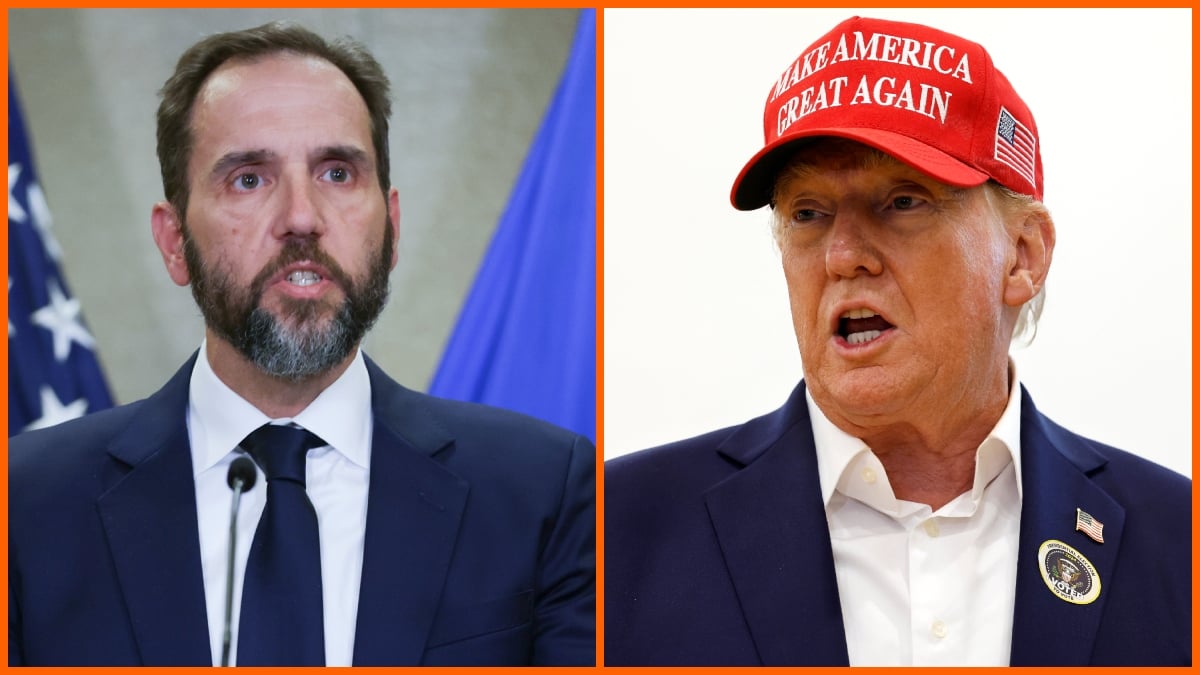In a historic legal twist, special counsel Jack Smith’s federal case against Donald Trump for his alleged attempts to overturn the 2020 election results has been dismissed.
Jack Smith’s case against Trump was unprecedented. But U.S. District Judge Tanya Chutkan eventually granted Smith’s request to drop the charges. Nonetheless, the reasoning behind this decision has left many people scratching their heads. So, let’s take a step back and carefully break it down.
A complicated legal landscape
The case involved allegations that the former president had tried to overturn the 2020 election results through actions like pressuring state officials and promoting false claims about voter fraud. While the charges were serious, Trump’s recent win in the 2024 presidential election changed everything. This is because of an important policy at the Department of Justice (DOJ): they don’t prosecute sitting presidents. This policy is based on the idea that a sitting president’s duties are too critical to be interrupted by criminal trials. That’s not all, legal experts also believe the Constitution protects presidents from criminal prosecution while in office.
Why was the case dismissed?
Smith filed a motion to dismiss the case, acknowledging that it was a unique situation. Never before had a former president been indicted, faced a criminal prosecution, and then been re-elected to office. Smith wrote that the DOJ and the country had never encountered such circumstances, and after consulting with the DOJ’s Office of Legal Counsel, it was clear the case couldn’t move forward once Trump became president again. Smith’s filing emphasized that this decision wasn’t about the strength of the evidence or the seriousness of the charges. He stood by the case, but DOJ policy and constitutional guidelines left no room for the prosecution to continue.
The dismissal of this case also affects Trump’s other federal legal troubles, including the case involving classified documents. Smith had been pursuing both cases, and Trump had pleaded not guilty to all charges. But with his return to the White House, those cases are effectively off the table as well. Smith’s motion also referenced a recent Supreme Court ruling that presidents are immune from prosecution for actions deemed “official acts.” While Smith argued that Trump’s actions to overturn the 2020 election were campaign-related and not official, the court’s decision complicated the case further.
With Trump set to be inaugurated soon, the DOJ had to act quickly. According to Smith, the prosecution “must be dismissed before the defendant is inaugurated,” meaning there was no legal pathway to continue the case once Trump took office.
The way forward
For now, Trump is shielded from federal prosecution during his presidency. However, a state-level case in Georgia, which alleges election interference, is still pending but currently on hold. Smith, who was appointed by Attorney General Merrick Garland in 2022 to oversee federal investigations into Trump, has announced plans to step down before Trump’s inauguration.
However, he made it clear the decision to drop the case wasn’t about backing down. Instead, it’s about the legal and constitutional limits of holding presidents accountable while in office. For Trump and his supporters, these developments are seen as vindication.
